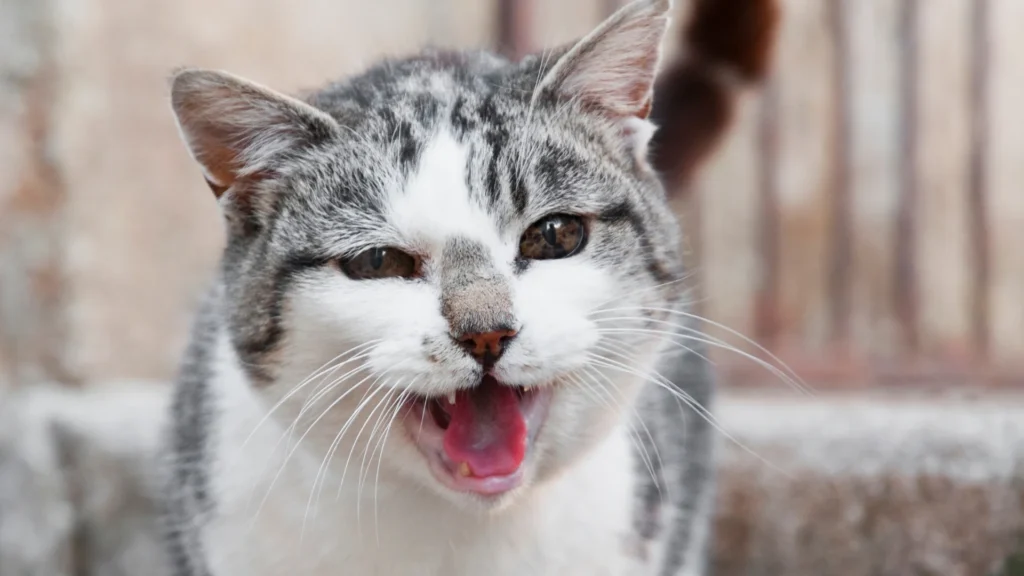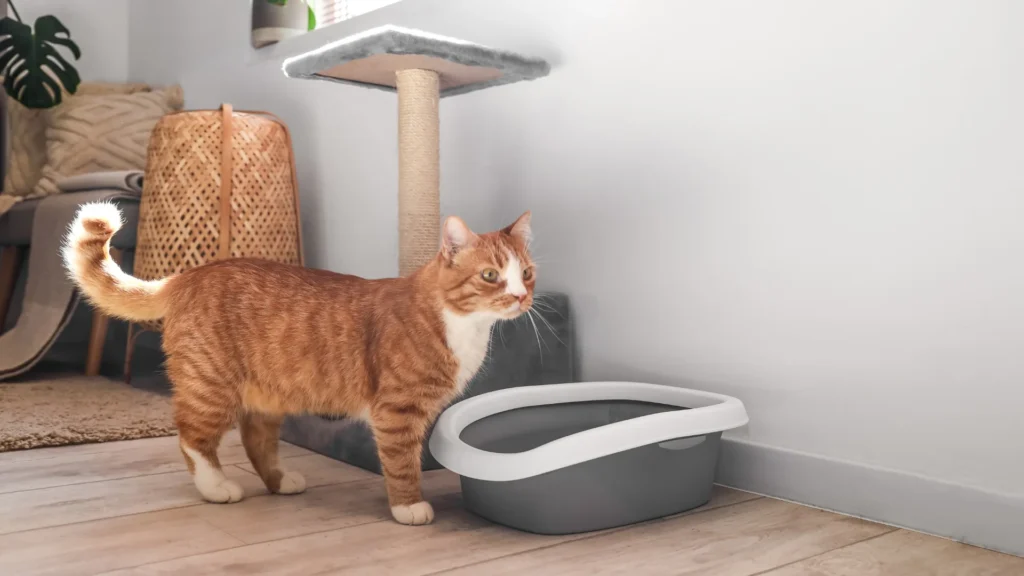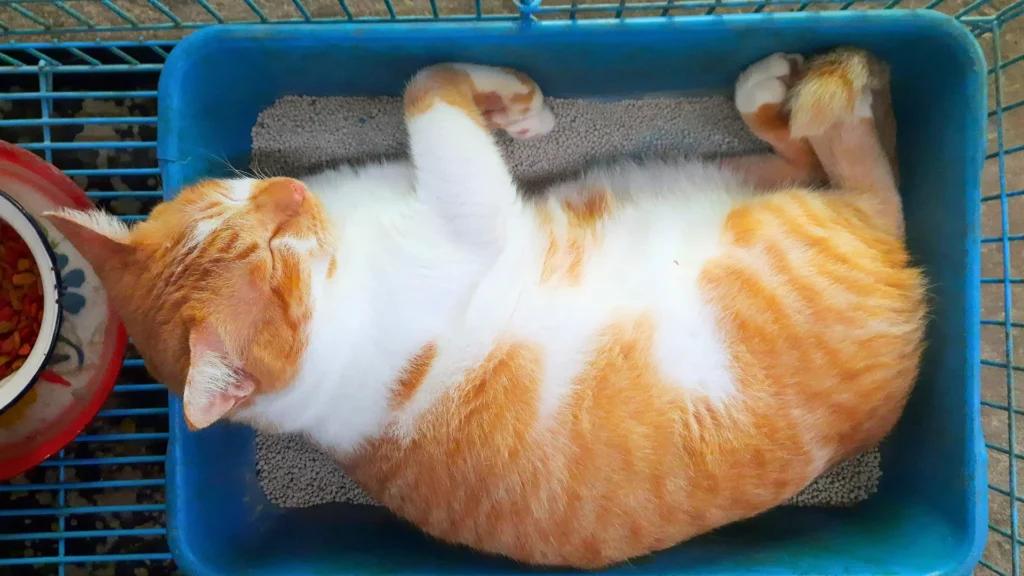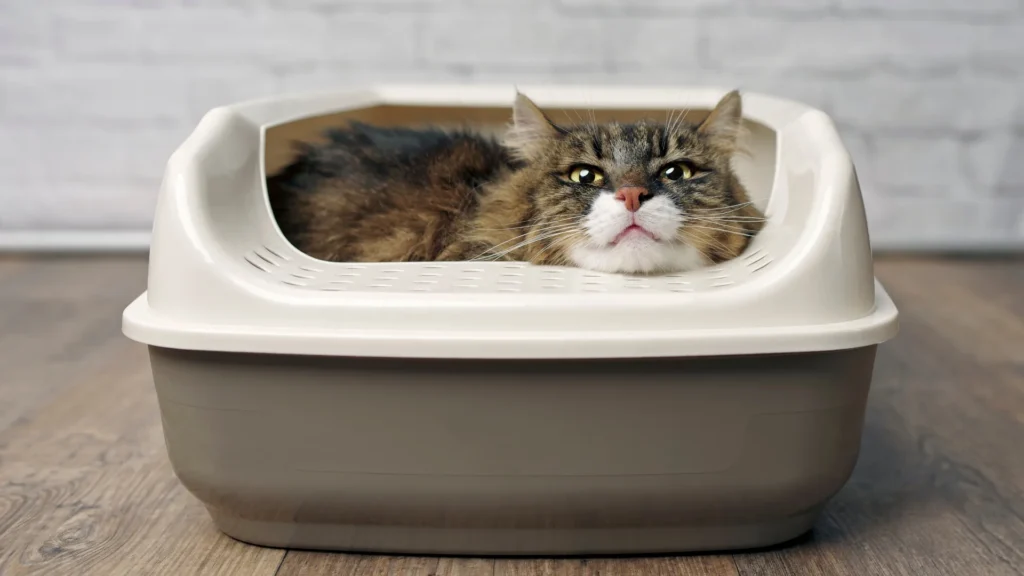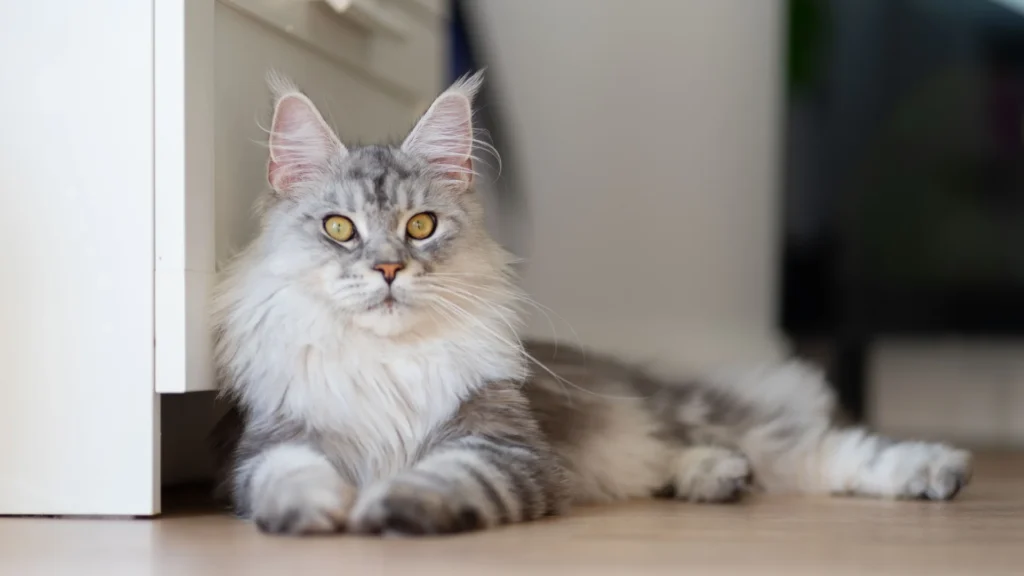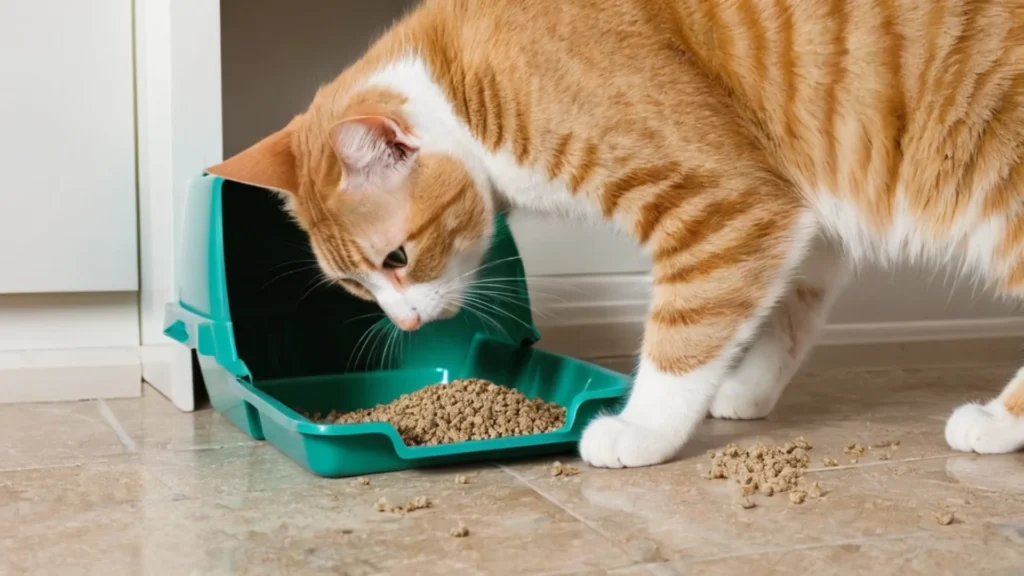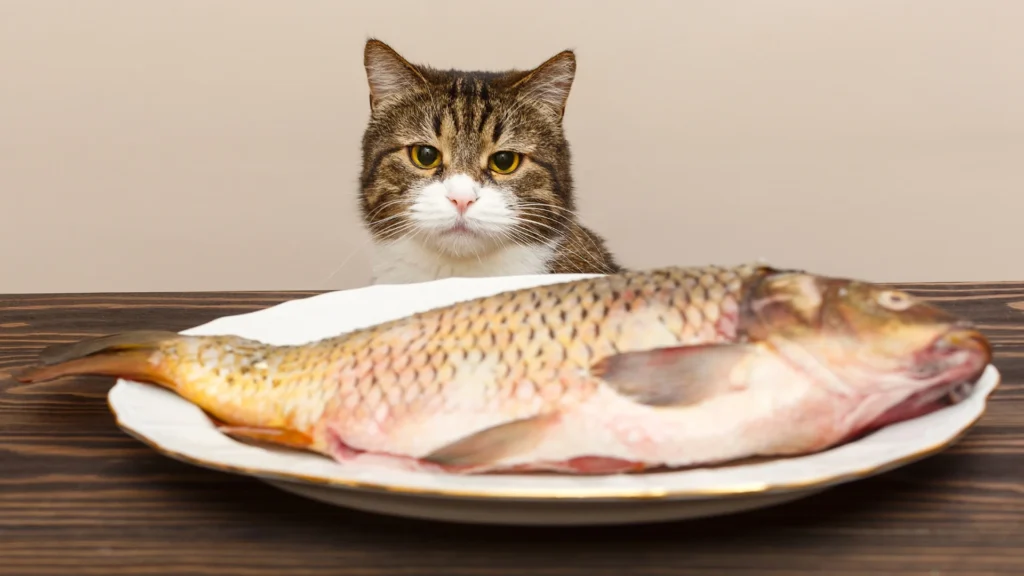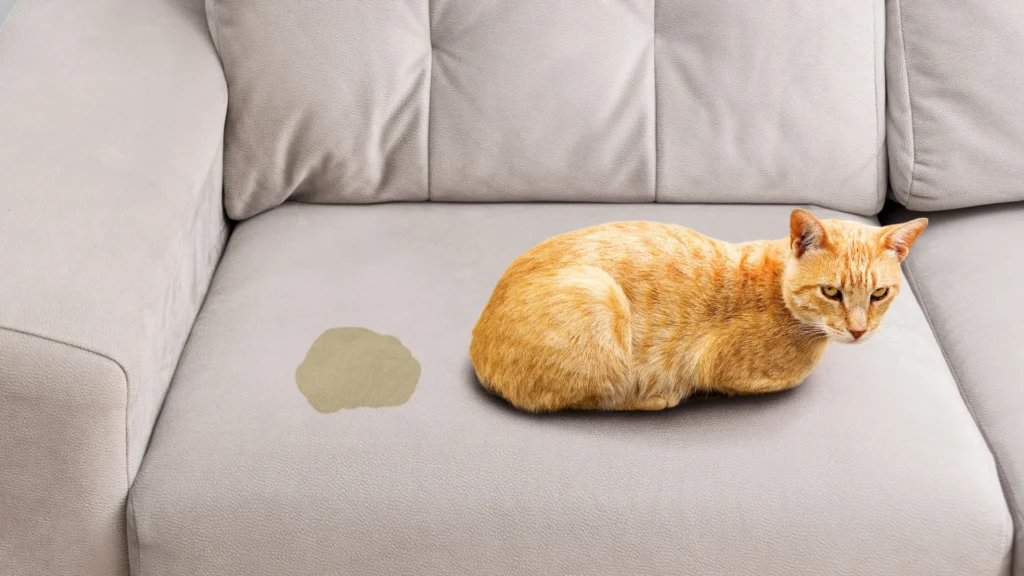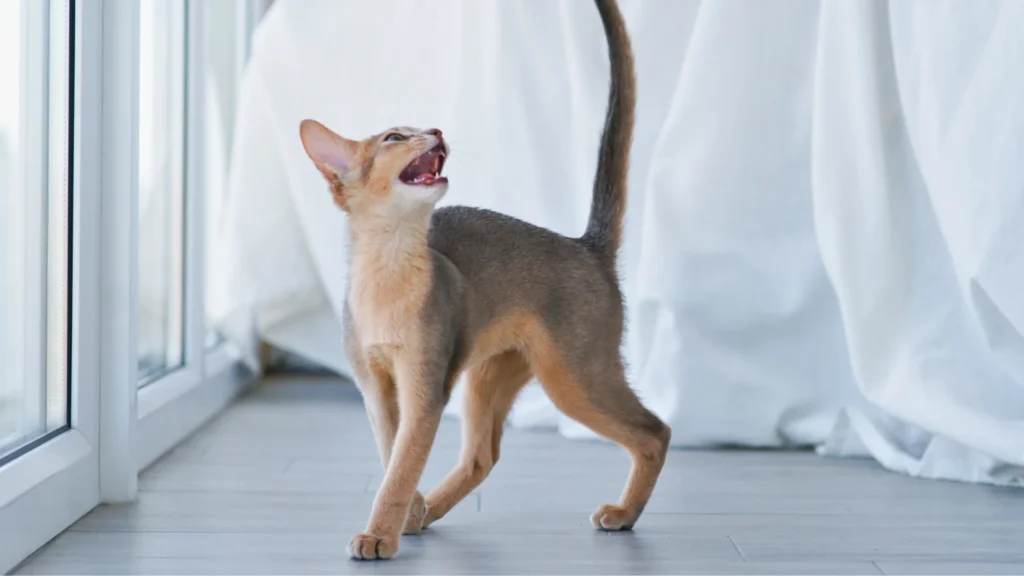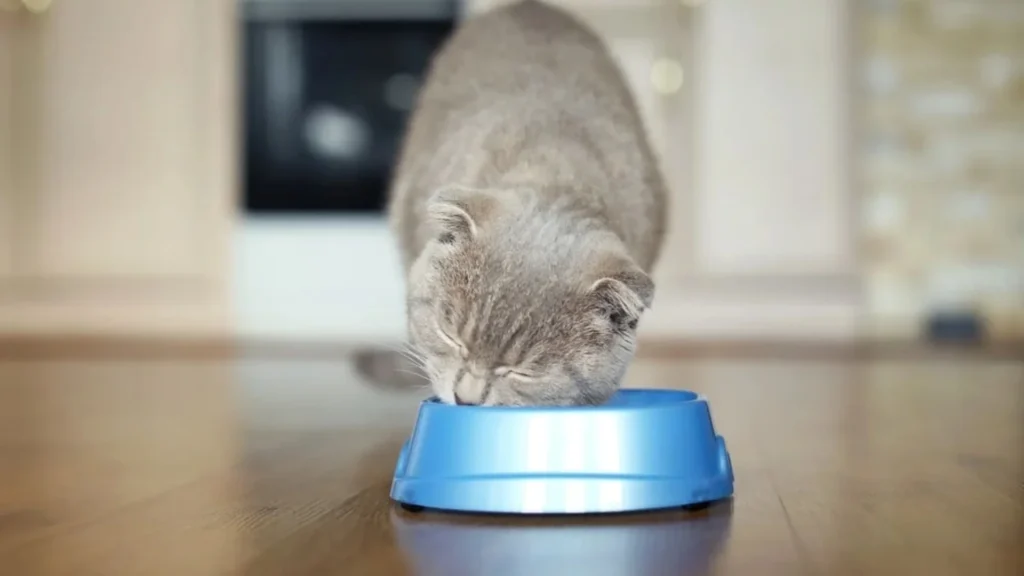Table of Contents
Have you ever noticed your furry friend making a strange huffing sound, leaving you confused and worried? As you’re relaxing at home with your cat curled up beside you. Suddenly, without any warning, your cat lets out a noticeable ‘huff.’ This sound, though not as common as meowing or purring, is something many cat owners have experienced and often refer to as the ‘cat huff.’ But what does this huffing mean, and why do cats do it? In this article.
we’ll explore the fascinating aspects of cat communication and uncover the secrets behind the mysterious ‘cat huff.’ By understanding this unique behavior, we can get closer to our cats, better understanding their needs and emotions, enhancing the special bond we share with our feline companions.
Understanding Cat Huffing
Cats communicate in a variety of ways, and while meowing and purring are the most commonly recognized sounds, there’s another vocalization that often goes unnoticed: the ‘cat huff.’
A cat huff is a soft, short burst of air expelled through the nose or mouth, typically producing a distinct sound that is quieter than a meow but more audible than a purr. This sound usually occurs when a cat is mildly irritated, startled, or seeking attention.
Unlike the continuous purring associated with contentment or the vocal meows for communication, huffing is brief and often subtle, making it an interesting yet less understood aspect of cat behavior.
Understanding these less common vocalizations is crucial for cat owners. A cat’s huff may not be as expressive as other sounds, but it offers valuable insights into their mood and well-being. It’s a clear indication that your cat is experiencing a certain level of discomfort or annoyance.
Paying attention to when and why your cat huffs can help you better understand their needs and reactions to various situations. Recognizing these subtle cues is a key part of cat care, as it helps in building a stronger, more empathetic bond with your feline friend. By tuning into these quieter forms of communication, owners can gain a deeper appreciation for the complex emotional lives of their cats.
Common Reasons for Huffing in Cats: Understanding Their Behavioral and Health Cues
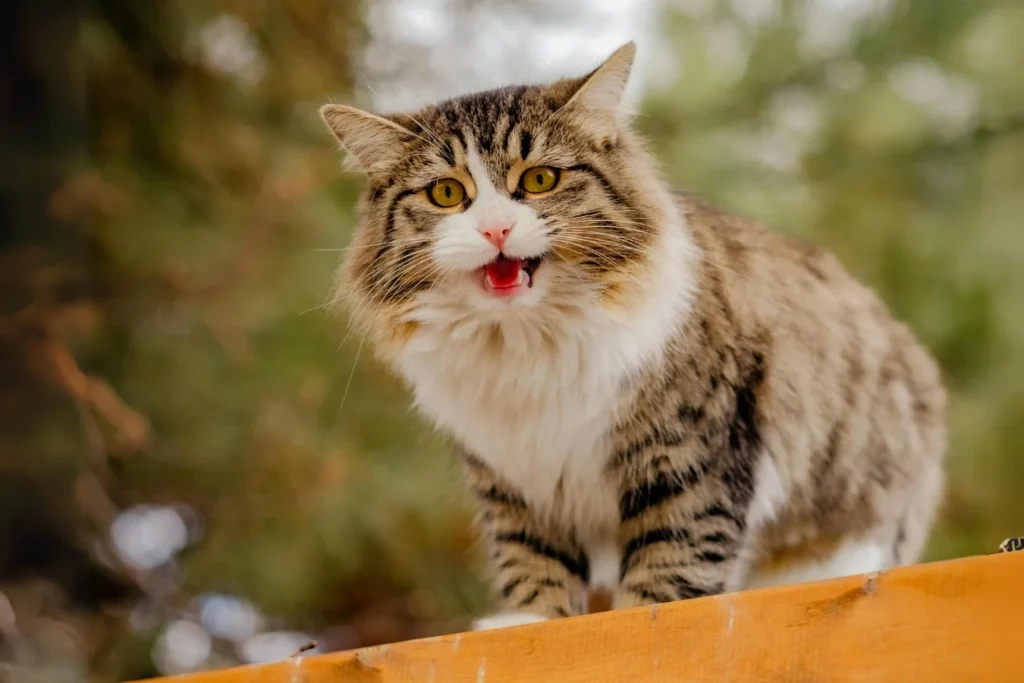
Communication and Emotion:
Cats use a variety of sounds to communicate, and huffing is one of them. It’s often a sign of annoyance or frustration. If your cat huffs when you stop petting them or when they can’t reach their favorite toy, it’s likely expressing its displeasure.
Stress and Anxiety:
Just like humans, cats can huff when they feel stressed or anxious. This behavior might be observed in new environments, during loud events, or when there are changes in the household. Understanding the source of their stress and providing a calm, safe environment can help alleviate these symptoms.
Respiratory Issues:
Huffing can also be a symptom of respiratory distress. This is particularly crucial to monitor if the huffing is accompanied by other symptoms like coughing, wheezing, or difficulty breathing. Respiratory infections, asthma, and allergies are common culprits that require veterinary attention.
Overexertion:
If your cat is huffing after playtime or exercise, it might simply be catching its breath. Overexertion can cause cats, especially older or overweight ones, to huff. It’s important to monitor their activity levels and ensure they’re not pushing themselves too hard.
Pain or Discomfort: Sometimes, huffing can be a sign of pain or discomfort. If your cat is huffing while being petted in a specific area or is avoiding certain movements, it might be experiencing pain. This warrants a veterinary check to rule out injuries or illnesses.
Behavioral Quirks:
Some cats may develop huffing as a quirky habit with no underlying health or emotional issues. Observing when and how often your cat huffs can help determine if it’s just a part of their unique personality.
Huffing in cats can stem from a variety of reasons, ranging from emotional expressions to potential health concerns. Understanding these cues is crucial for cat owners to ensure their feline friends are healthy and happy. Always consult a veterinarian if you’re concerned about your cat’s huffing, especially if it’s a new behavior or accompanied by other symptoms.
When to Worry - Identifying Serious Health Concerns
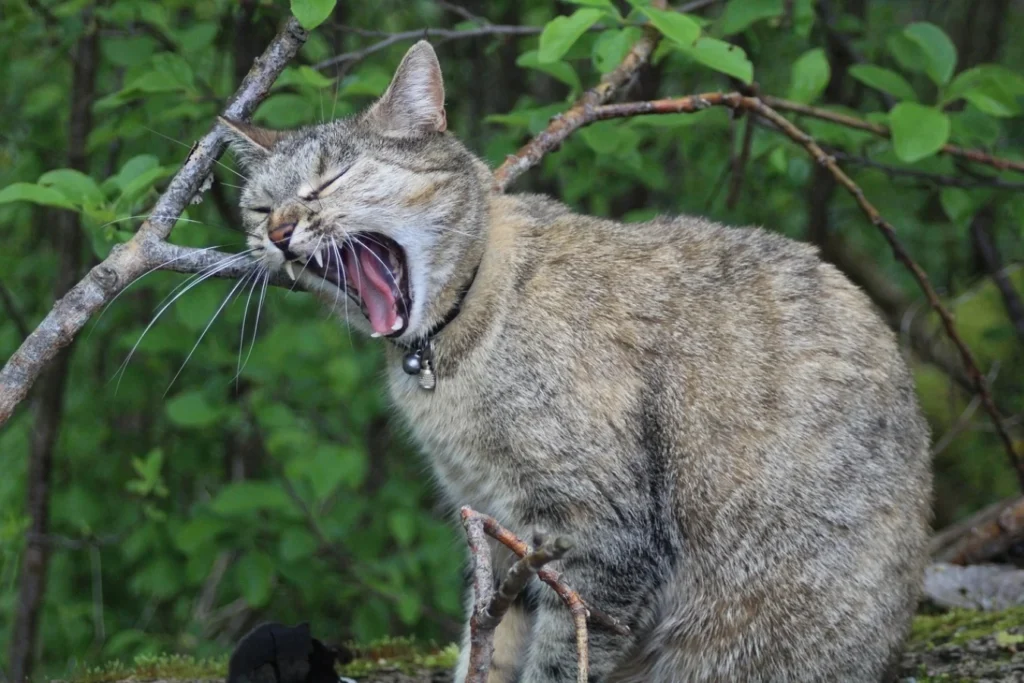
While huffing in cats can be benign, there are instances where it signals a more serious health issue. It’s crucial to observe the context and accompanying symptoms to gauge the severity. Here are key signs to watch for:
Persistent or Intensified Huffing:
If the huffing is not just occasional but frequent or seems to intensify over time, it’s a clear sign that something more than mere annoyance or temporary stress is at play.
Change in Breathing Patterns:
Pay attention to changes in the breathing pattern. If huffing is accompanied by labored, rapid, or noisy breathing, it could indicate respiratory problems. Persistent coughing or wheezing alongside huffing also warrants concern.
Change in Behavior or Activity Level:
A cat that suddenly becomes lethargic, less playful, or shows changes in eating and sleeping patterns, along with huffing, may be experiencing discomfort or pain.
Physical Symptoms:
Look for other physical signs like nasal discharge, excessive sneezing, or open-mouth breathing. These symptoms, combined with huffing, could point towards respiratory infections, asthma, or other health issues.
Discomfort During Handling:
If your cat huffs when touched in certain areas or shows signs of pain during handling, it could be an indication of injury or underlying health issues.
Monitoring and Action Steps
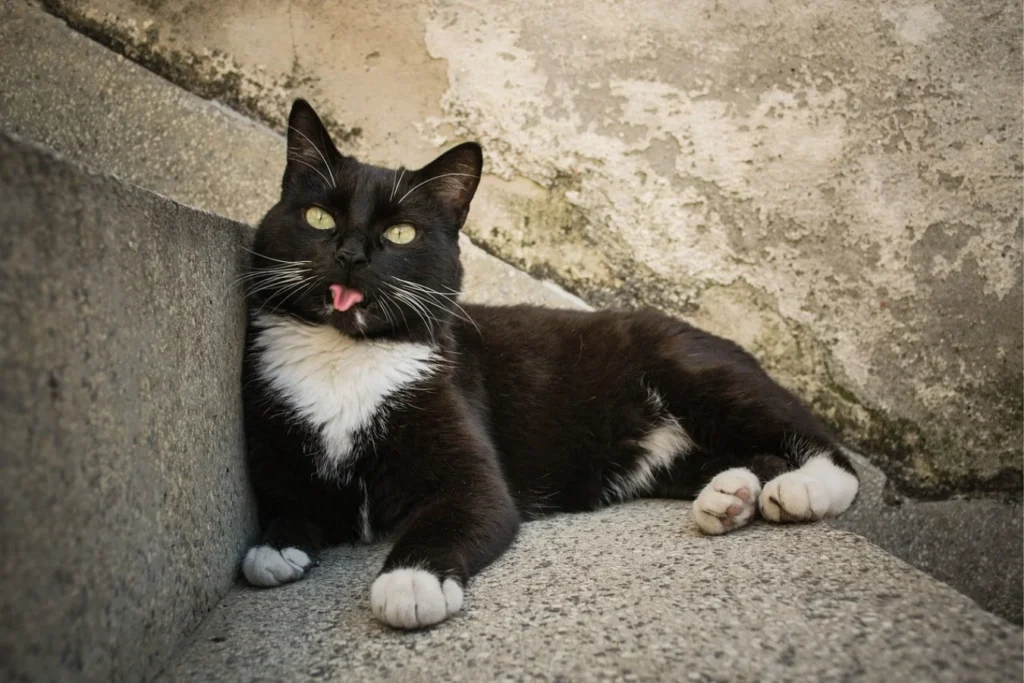
Being observant and proactive about your cat’s health is key. Here’s how you can effectively monitor your cat and decide when veterinary help is needed:
Regular Observation:
Make it a habit to observe your cat’s behaviors and sounds daily. Knowing their normal behavior will help you quickly identify anything unusual like persistent huffing.
Maintain a Behavior Log:
Keeping a log can be helpful, especially if you notice irregularities. Note down the frequency, duration, and context of the huffing, as well as any other symptoms or changes in behavior.
Environmental Assessment:
Consider if recent changes in the environment could be causing stress or anxiety in your cat, leading to huffing. This includes new pets, moving houses, or changes in the household routine.
By understanding these signs and knowing when to act, you can ensure that your cat receives the necessary care and attention for a healthy and happy life. Remember, timely veterinary intervention can be crucial, especially when dealing with potential respiratory issues or other health concerns.
How to Respond to Your Cat’s Huffing - Practical Tips for Responding to Huffing
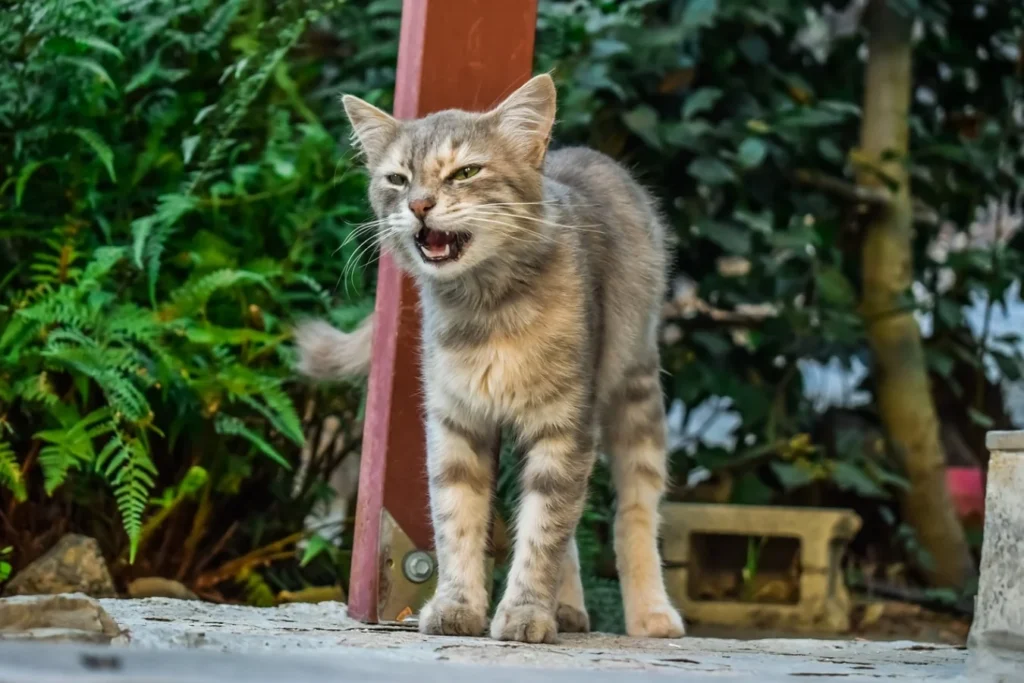
Observe the Context:
Pay close attention to when and why your cat huffs. This understanding can guide your response, whether it’s providing comfort, space, or a change in the environment.
Stay Calm and Patient:
Respond calmly to your cat’s huffing. Avoid sudden movements or loud noises that could further stress your cat.
Create a Stress-Free Environment:
Ensure your cat has a safe, quiet space to retreat to. This could be a cozy bed in a quiet corner, away from the hustle and bustle of the household.
Engage in Gentle Interaction:
If your cat seems to huff during play or interaction, adjust your approach. Engage in more gentle play and be mindful of their reactions to petting or handling
The Importance of Not Punishing Natural Behaviors
When it comes to understanding and responding to your cat’s huffing, it’s essential to acknowledge that huffing is a natural form of communication for them. Cats use various sounds and behaviors to express themselves, and huffing is just one of these methods. It’s important to interpret this behavior within the context it occurs, as it could signify anything from discomfort to simply seeking attention.
Recognizing huffing as a form of communication is crucial because responding inappropriately, such as through punishment, can lead to confusion and increased stress for your pet. Cats, like many animals, do not understand punishment in the way humans do, and negative reactions to their natural behaviors can harm the trust and bond between you and your cat.
Ensuring Your Cat Feels Safe and Comfortable
Instead of punishment, a more effective approach is to use positive reinforcement. This involves encouraging and rewarding calm behavior with treats or affection. For instance, if your cat stops huffing and engages in quiet, peaceful behavior, showing them affection or giving them a treat can reinforce this positive behavior.
This approach not only avoids the fear and anxiety that punishment can cause but also helps in reinforcing desired behaviors in a loving and understanding way. By focusing on positive reinforcement, you can guide your cat towards more desirable behaviors while maintaining a strong, trust-based relationship.
Frequently Asked Question
Cats may huff when resting due to discomfort or irritation. It could be a response to an uncomfortable resting spot or a minor annoyance.
Yes, it’s normal. Huffing after play can be a sign of exertion, similar to how humans breathe heavily after exercise.
Huffing at new people or pets is a sign of anxiety or territorial behavior. It’s a way for cats to express unease or discomfort with unfamiliar individuals.
Yes, persistent or frequent huffing can indicate respiratory issues or other health problems. If it’s a common occurrence, a vet check-up is advised.
It’s possible. Extreme temperatures can affect your cat’s comfort level, leading to huffing if they’re too hot or cold. Ensure they have a comfortable environment.
Conclusion
The ‘cat huff’ is a vital aspect of feline communication, offering insights into your cat’s emotional and physical state. Understanding this behavior is key to strengthening the bond with your pet.
By recognizing the context of huffing and responding with empathy and care—providing a safe environment and using positive reinforcement—we can better address our cats’ needs. This attentiveness not only ensures their well-being but also deepens the unique and rewarding relationship we share with our feline companions.
If you’re wondering more about your cat’s behavior, you might find answers in our article on “Why does my cat walk on me?“

